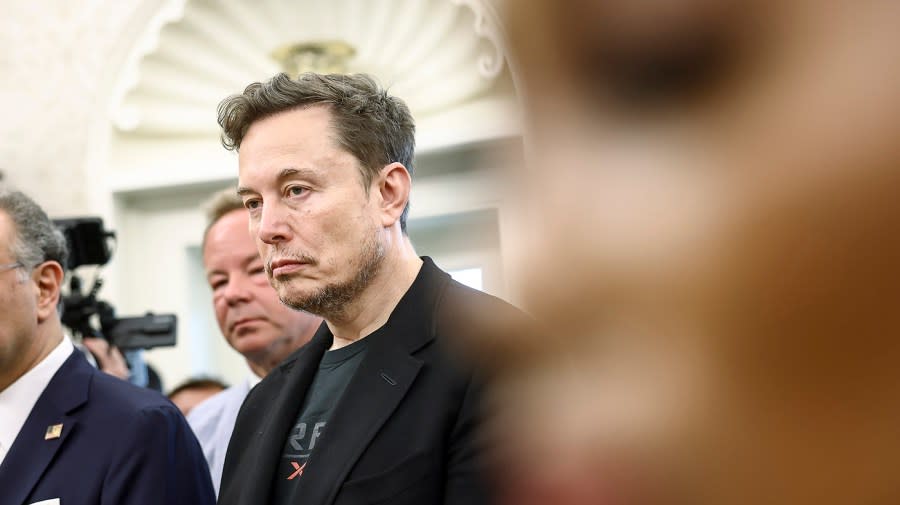The Republican Party may soon find itself without one of its most influential financial backers, as tech billionaire Elon Musk signals a retreat from the political spotlight.
Musk, the CEO of Tesla and SpaceX and the world’s richest man with an estimated net worth of $420 billion, announced last week at the Qatar Economic Forum that he plans to significantly reduce his political spending. “In terms of political spending, I’m going to do a lot less in the future,” Musk said. “I think I’ve done enough.”
The declaration follows a tumultuous few months in which Musk played an unusually hands-on role in the Trump administration, leading the Department of Government Efficiency (DOGE) initiative, a controversial program aimed at cutting costs and reducing the federal workforce. Though he holds no formal cabinet position, Musk has kept an office in the White House complex, joined Cabinet meetings, and even spent nights in the Lincoln Bedroom.
“I don’t think we’ve ever seen somebody with an unofficial role have that much day-to-day influence,” said GOP strategist Alex Conant. “It’s a very unique situation that probably isn’t sustainable.”
Musk’s special government status, which is capped at 130 days, has drawn scrutiny from both sides of the political aisle. Recent protests at Tesla showrooms and charging stations over DOGE-related policies, coupled with a steep decline in first-quarter Tesla sales and brand reputation, have intensified calls for Musk to refocus on his businesses.
“I think he’s feeling a lot of pressure from his other stakeholders, investors at Tesla specifically, to refocus on the car business,” Conant added. “And he’s telling them exactly what they want to hear.”
Still, Republican operatives caution against taking Musk’s comments at face value.
“Anytime the biggest donor says he’s going to pull back, that’s a concern for the party,” said Conant. “These megadonors, you have to earn their support every cycle.”
Political strategist Brian Seitchik echoed the sentiment. “He has the luxury of changing his mind at a moment’s notice,” he said. “He may be angry, irritated, or inspired in the coming months and decide to spend.”
Indeed, Musk’s spending during the 2024 election cycle topped $250 million through his America PAC, primarily to boost former President Donald Trump. Though Trump has since returned to the Oval Office, some within the GOP fear that the loss of Musk’s financial muscle could hurt the party in future races, particularly the midterms, where Republicans are fighting to retain narrow majorities in Congress.
“If Musk really is out, Republicans will simply have less money,” Seitchik said. “It’s not as though they have no money, but losing someone like him does leave a hole.”
Some strategists argue that Trump himself can fill that void. “Trump can now raise that type of fundraising very quickly,” said GOP strategist Ron Bonjean. “His efforts will offset Musk’s, and probably eclipse them.”
Still, the limits of Musk’s political influence were on display in April’s Wisconsin state Supreme Court race, where he invested heavily in the conservative candidate. Despite millions in spending and a flashy campaign stop in which he handed out $1 million checks to town hall attendees, the liberal candidate emerged victorious.
“Because of the amount of money he put in, the way he put it in, how engaged he got in the race, the race almost became a little bit about him, as opposed to the candidate,” said longtime Wisconsin GOP strategist Brandon Scholz. “Musk became so toxic that the Democrats were just doing cartwheels.”



